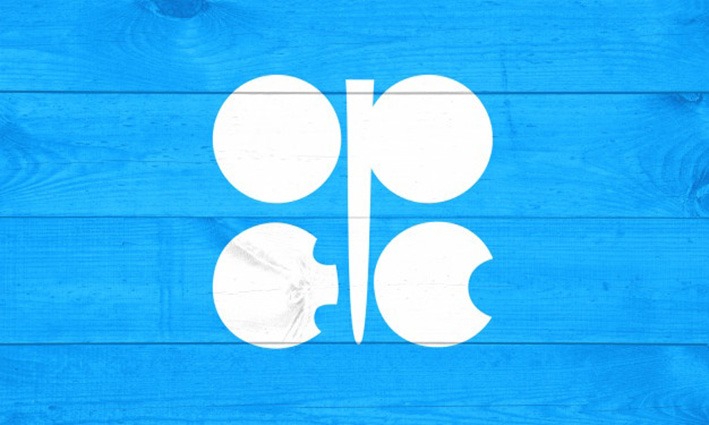OPEC+ ministers called of talks this Monday as the Organization keeps clashing over the oil policy that would run for the next months. The clashes started last week, when the United Arab Emirates rejected a proposed eight-month extension on production curbs.
Firstly, last week, Saudi energy minister Prince Abdulaziz bin Salman had called for “compromise and rationality” to secure a deal after two days of failed discussions. However, this Monday the meeting of the Organization was off; without a date for the next one.
Secondly, the failure in the talks helped oil prices to keep mounting; the international benchmark of the Brent crude moved higher this Monday to $77 a barrel. According to Reuters, OPEC+ sources also said that there would be no oil output increase in August.
However, some other sources say that in fact a new meeting will happen in the next few days; and that most likely there will be a boost in production in August. “There is no decision about August and discussions still continue. The market needs that oil.” One source said quoted by Reuters.
Thirdly, oil prices are already at their highest since 2018; and they are already raising concerns about inflation; as it would derail the global economic recovery from the pandemic. In fact, the U.S. Federal Reserve surprised investors in June by saying it might raise rates; and also, it would end emergency bond buying much faster than previously expected.
Also recommended for you: Mexico’s Pemex to claim operation of Zama field from Talos Energy. Click here to read.
OPEC+ reaches no agreement in production curbs
Moreover, as we reported previously, after the pandemic, OPEC+ agreed to cut almost 10 million barrels per day of oil production; since then, those curbs have been relaxed to almost 5,8 million bpd today.
In addition, Saudi Arabia proposed that those curbs should be extended to the end of 2022, and not until April; as the original agreement. However, United Arab Emirates rejected the proposal for extensions on curbs; however, it accepted the proposal to raise in stages by about 2 million bpd from August to December.
Furthermore, the UAE are upset about the low baseline from which its production cuts are calculated; Abu Dhabi has invested billions of dollars to increase its production capacity and says its baseline was set too low when OPEC+ originally forged their pact. That position remained unchanged as of this Monday.
On the other hand, the UAE are not alone in its quest to raise oil output; according to Reuters, other members such as Azerbaijan, Kazakhstan, Kuwait and Nigeria had also claimed low baselines; and have in fact received new ones since the pact began.
Finally, the dispute reflects a growing and latent divergence between Saudi Arabia and the UAE.


